Collaboration
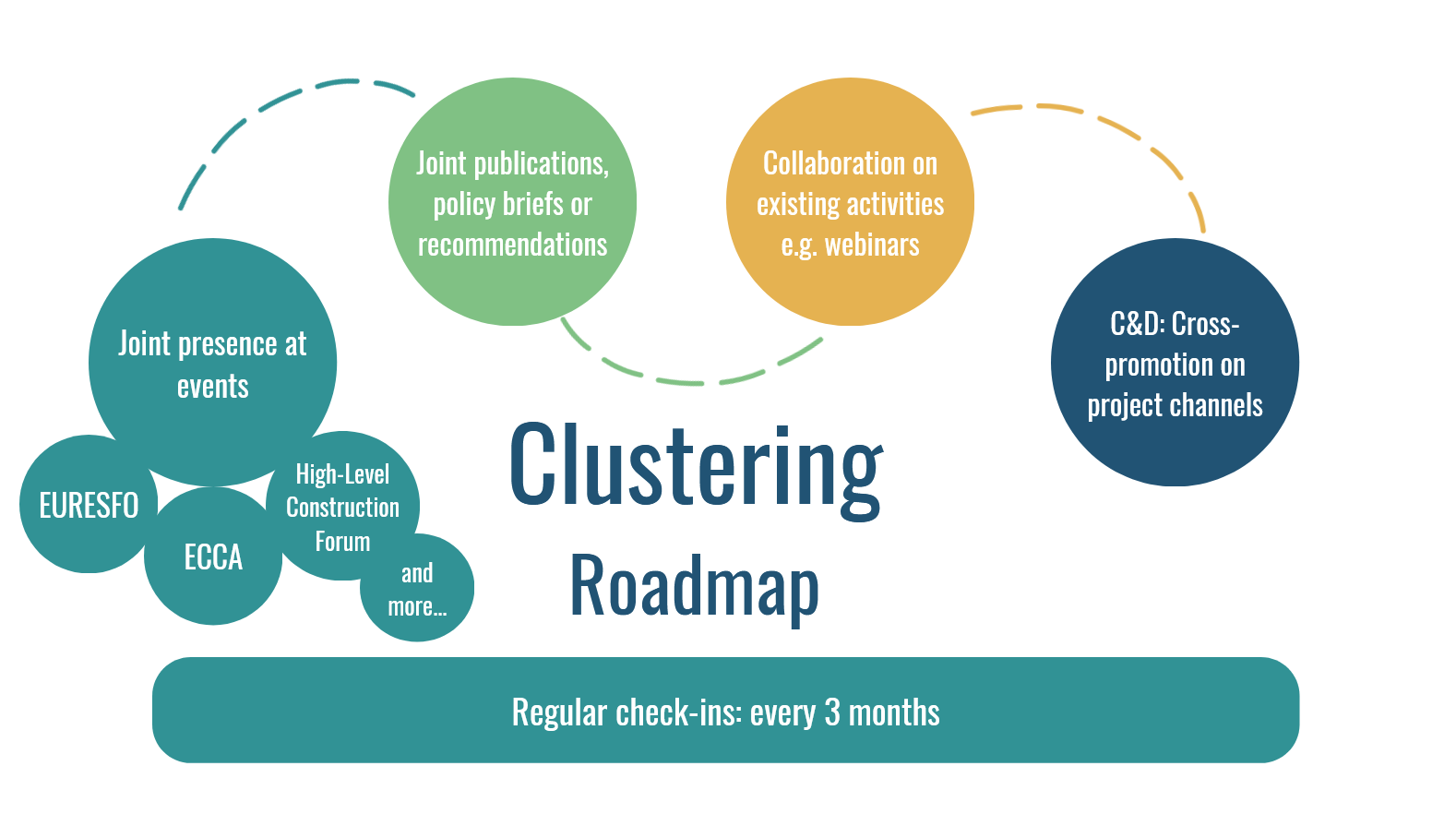
Resilience in the Built Environment
Cluster of Horizon Europe Sister Projects
This cluster brings together seven projects addressing climate adaptation and resilience in the built environment. Through diverse approaches — ranging from digital tools and inclusive frameworks to technical solutions and policy engagement — these projects work toward climate-resilient cities, buildings, and communities.
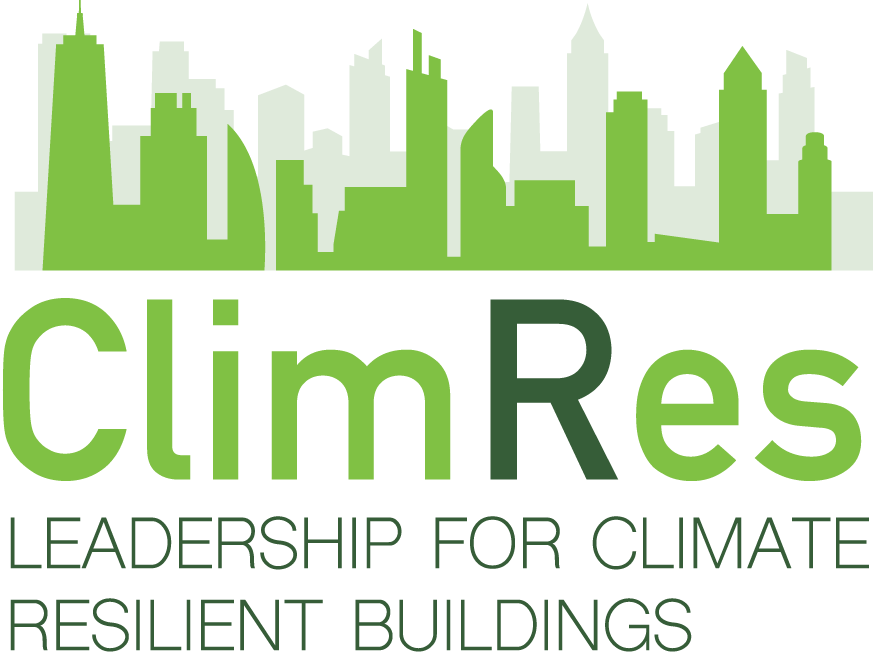
CLIMRES fosters a ‘Leadership for Climate Resilient Buildings’ by identifying building vulnerabilities and improving resilience to climate-induced disruptions. It provides guidance for building owners, policymakers, and stakeholders through the co-creation, development, and demonstration of cost-effective, replicable solutions. These include a framework for assessing and monitoring the climate resilience of buildings, the CLIMRES Hub of Measures featuring adaptable designs and materials to enhance safety and performance, and decision support services for managing vulnerabilities across a building’s life cycle. CLIMRES promotes a practical approach to embedding resilience in planning, construction, and renovation, contributing to long-term risk reduction and sustainability.

MAIA (Maximising Impact and Accessibility of European Climate Research) acts as an impact multiplier by connecting Horizon Europe climate research projects. Building on seven H2020 projects — BINGO, BRIGAID, CLARITY, Connecting Nature, DRIVER+, PLACARD, and RESCCUE—it enhances connectivity at three levels: activating a pan-European stakeholder community, developing the MAIA Portal, and coordinating an EU climate research cluster. Through tech tools and outreach campaigns, MAIA democratises climate knowledge and helps transform research into viable products. The project makes climate knowledge more interoperable and usable for diverse audiences, supporting better access, uptake, and long-term impact of European climate research.
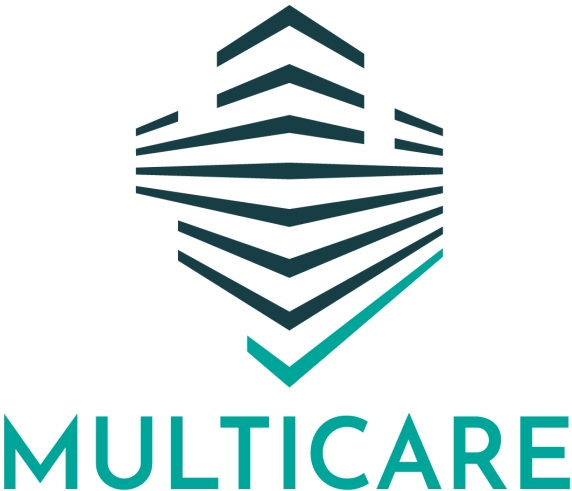
MULTICARE addresses the vulnerability of the built environment to increasingly frequent and intense climate-related extreme events. The existing building stock often lacks the capacity to adapt or recover, resulting in severe socio-economic losses and risks to human wellbeing. While some advances address single hazards, they are rarely cost-effective, eco-friendly, or suitable for multi-hazard scenarios. MULTICARE responds by developing multi-criteria decision-support frameworks and plug-and-play technological and digital solutions to improve resilience. These include multifunctional, low-carbon technologies embedded in modular and prefabricated construction for next-generation high-performance buildings, characterised by enhanced safety, energy efficiency, environmental sustainability, circularity, and scalability across a range of natural hazards.
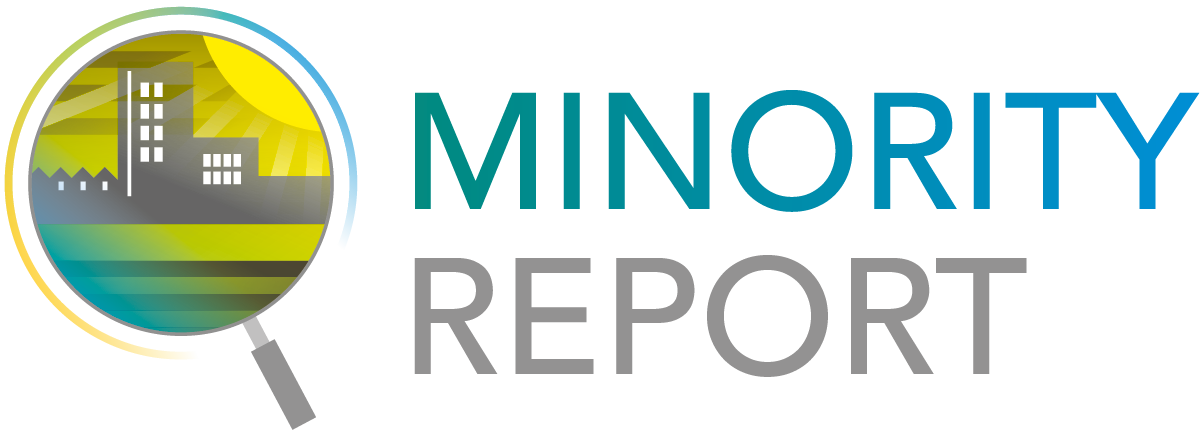
MINORITY REPORT: Digital predictive systems have improved our ability to anticipate the effects of disruptive climate events on cities. However, complex urban environments and a lack of data to assess these impacts still leave large areas exposed to future risks. These challenges are intensified by climate change, growing urban populations, and vulnerable, ill-equipped building stocks. MINORITY REPORT will develop and implement a co-creation framework to support the delivery of a people-centric technology platform. This platform will enable a sustainable, circular value chain for the construction and renovation of built environments, enhancing climate change mitigation and disaster resilience. The framework will be applied across three demo sites in the EU and the Indo-Pacific, each representing a distinct climatic context.

RETIME provides local stakeholders, vulnerable groups, and decision-makers with a suite of user-friendly solutions to anticipate and mitigate extreme events and emergencies. These include both natural and human-induced hazards such as storms, flash floods, wildfires, and extreme temperatures. The project seeks to increase the resilience of vulnerable urban areas while making sure no one is left behind. RETIME’s objectives are to make building occupants and other vulnerable key stakeholders more aware of the solutions available in case of extreme climatic events and natural disasters; to test innovative and practical adaptation measures for vulnerable urban areas; and to support public authorities in enhancing the safety and resilience of the built environment by implementing site-specific emergency protocols.

CARMINE is an EU-funded Horizon Europe project that develops a knowledge-based framework to address climate adaptation and mitigation challenges across eight representative metropolitan regions of Europe. The project responds to the growing frequency and severity of climate and weather extremes by creating actionable tools, decision-support services, and science-based roadmaps that strengthen multi-level climate governance from local communities to European-level decision-making. Through close collaboration with stakeholders, policymakers, and regional authorities, CARMINE integrates high-resolution data, stakeholder engagement, and Digital Twin use cases to co-produce locally tailored solutions that bridge the gap between science and practice. Aligned with the EU Mission on Adaptation to Climate Change, the project addresses key barriers such as limited decision-making knowledge, slow adaptation uptake, and fragmented implementation while developing early warning and disaster risk management systems. Focusing on a 2030-2035 timeframe with perspectives extending to 2050, CARMINE aims to connect over 40 communities by 2027 and ensure that climate action is equitable, effective, and scalable. The project ultimately contributes to the EU’s goal of achieving climate resilience by 2030 through cross-sectoral frameworks and enhanced community resilience.
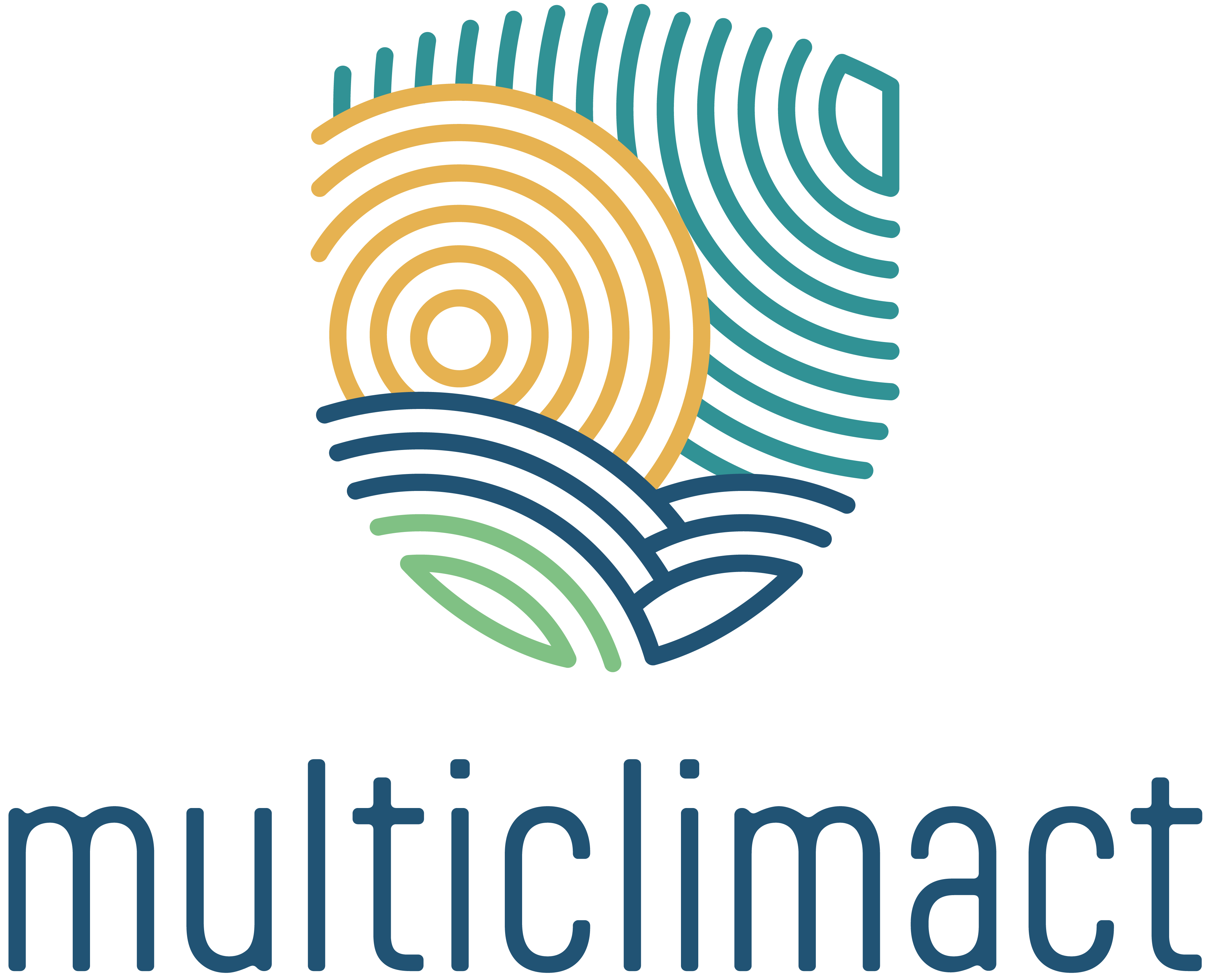
MULTICLIMACT (our project) aims to develop a mainstreamed framework and toolkit to support public stakeholders and citizens in assessing and enhancing the resilience of the built environment and its people at multiple scales — buildings (including cultural heritage), urban areas, and territories — against locally relevant climate-related and natural hazards. It applies a multidisciplinary approach that incorporates socio-economic, engineering, climatic, and life dimensions. The project includes 18 cost-effective, easy-to-implement solutions such as design methods, resilient materials, and digital tools. MULTICLIMACT also introduces a resilience scorecard and aligns with international and European initiatives. Its methodology is demonstrated through four diverse case studies to ensure both local relevance and broad scalability.

